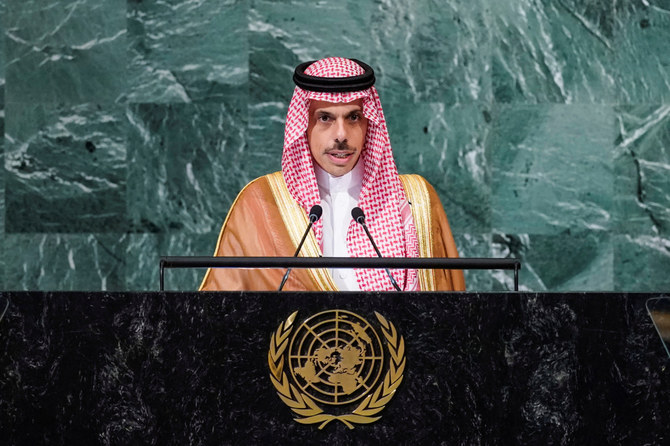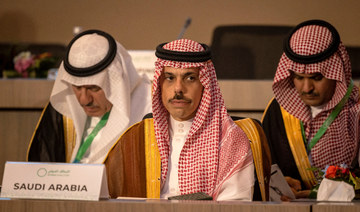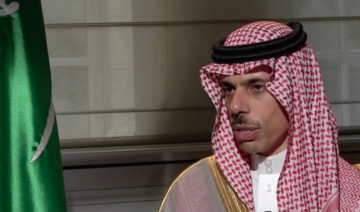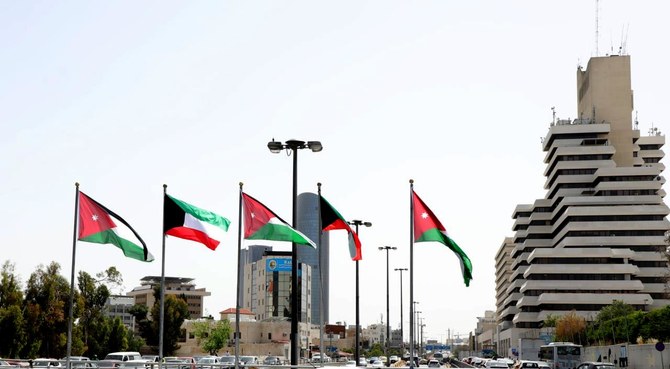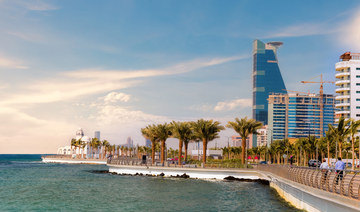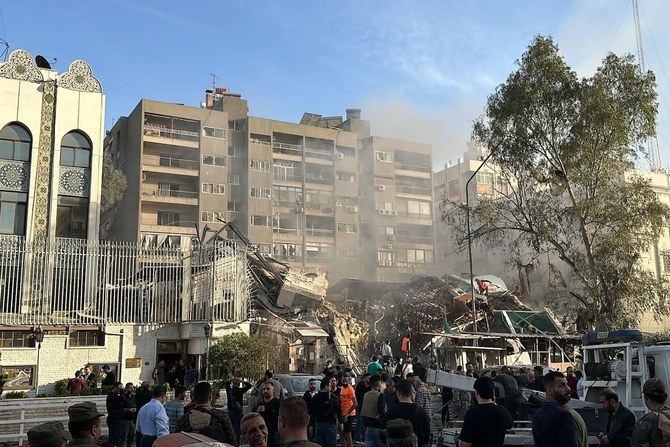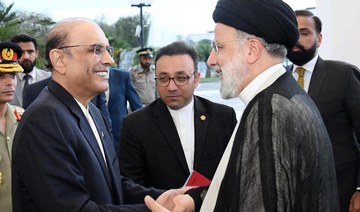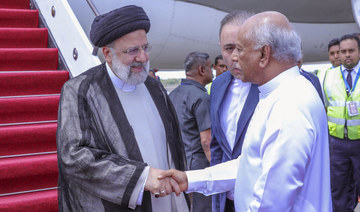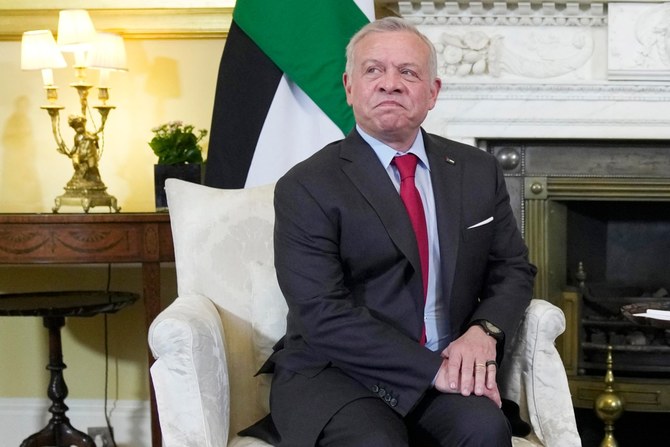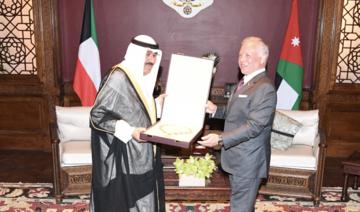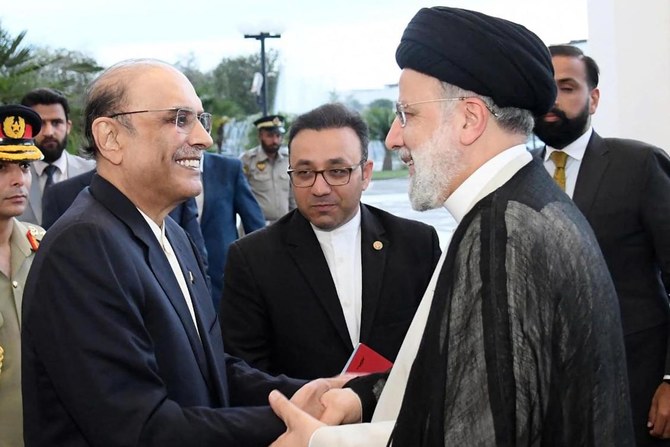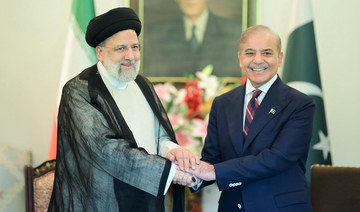NEW YORK CITY: Saudi Foreign Minister Prince Faisal bin Farhan Al-Saud has reaffirmed the Kingdom’s commitment to the UN charter, calling on the international community to strengthen cooperation amid several global challenges.
In a wide-ranging speech on the fifth day of the 77th UN General Assembly in New York City, the minister covered several major geopolitical issues across the region and the world.
Outlining how the Kingdom’s commitment to the UN’s Sustainable Development Goals and its charter is underpinned by Saudi Arabia’s Islamic and Arab values, Prince Faisal said that his country supports all efforts to “silence the guns, protect civilians, and provide prospects for development and peace.”
He added that the Kingdom supports “all efforts that can bring about a political solution to put an end to the Russian-Ukrainian crisis in order to stop the fighting and preserve international and regional peace and security.”
Moving to issues in the Middle East, the foreign minister said that the Jeddah Summit for Security and Development, which saw the participation of the US and nine Arab states, was an opportunity to “confirm collective action for a better world in the region for our peoples and our countries.”
He added that “security and stability in the Middle East requires a just and global solution for the Palestinian question,” calling for Palestinian state.
Commenting on Lebanon, Libya, Iraq and Afghanistan, he said these countries must not become a “breeding ground” for terrorists as they endure various crises of peace and stability.
“Afghanistan must not become a basis for terrorist operations,” the prince said.
Earlier in the day, UN Secretary-General António Guterres praised the Kingdom’s efforts campaigning for a truce in Yemen and Saudi Arabia’s efforts to reach a political solution to the crisis in the war-torn country.
Guterres made the remarks during a meeting with Prince Faisal, who covered the Yemeni crisis during his speech. The foreign minister reaffirmed the Kingdom’s commitment to a truce in Yemen.
Prince Faisal continued on the theme of Yemen’s crisis, telling the UN General Assembly that roads must be reopened, especially around Taiz, the country’s third-largest city.
He urged partners at the 77th UN General Assembly to “cooperate for progress” in the security field, calling on “the international community to counter the proliferation of weapons,” adding that the Kingdom is campaigning for “the Middle East to become free from these weapons.”
The foreign minister also referred to Sudan and Egypt, reaffirming the Kingdom’s support for the water needs of both countries.
He added that the Kingdom is committed to fighting climate change, with Saudi Arabia making particular contributions to the Paris Agreement.
The foreign minister said that the Kingdom is committed to “gradual and responsible change to diversified energy sources that are more sustainable,” noting that the global community must take into account the different economic and energy situations in every country.
He referred to the Kingdom’s Green Initiative, adding that Saudi Arabia is focussed on protecting the environment and green areas.
Prince Faisal concluded that he hoped the Kingdom’s “spirit of partnership and respect for a better world” would help to deliver Saudi Arabia’s message to the international community.



